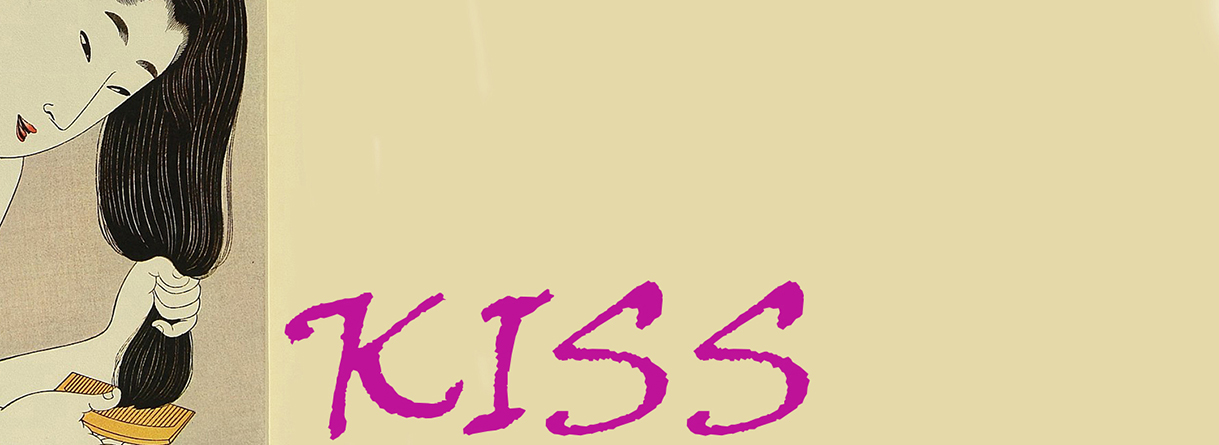 |
| Carl Sandburg |
Poetry Spotlight: 'Three Pieces on the Smoke of Autumn' by Carl Sandburg
In celebration of the fall season and Thanksgiving holiday, discover Sandburg's ode to the meditative delights of an autumnal sunset in rural Illinois.
By Sean Murphy
Three-time Pulitzer winner Carl Sandburg's varied career encompassed the deadlines of journalism as a reporter for the Chicago Daily News, a stint at West Point and a political turn as an assistant to the Milwaukee-based Emil Seidel, the first socialist mayor of a major city in the United States.
While his later work veered into such disparate fields as folklore, fiction and film criticism (with the latter often practiced in the company of then-vaudevillian Groucho Marx, who joked to 1975 Criticism winner Roger Ebert that his friend "would fall asleep and I would wake him up after the movie was over and tell him what it was about"), poetry remained central to his oeuvre.
President Lyndon Johnson eulogized him upon his death aged 89 in July 1967: "Carl Sandburg was more than the voice of America, more than the poet of its strength and genius. He was America."
Embodying an egalitarianism that resonated over decades and across genres —in 1964, 2008 Special Citation recipient Bob Dylan sought out the poet at his North Carolina home — Sandburg eschewed modernism and the cultural pessimism of by friends like 1926 Novel winner Sinclair Lewis in favor of a conversational pan-Americanism.
Well into his dotage, much of his income would be derived from stage performances, in which he combined guitar-accompanied performances of folk songs with poetry readings and social commentaries. On the page, his Pulitzer-winning biography of Abraham Lincoln and a srelated works, though erratic from a scholarly vantage, played an integral role in reifying Lincoln's legacy among future generations.
Initially honored with the 1919 Columbia University Poetry Prize (the antecedent of today's Poetry Prize) in "Corn Huskers" and with the proper 1951 Poetry Prize following its appearance in his "Complete Poems," "Three Pieces on the Smoke of Autumn" is situated in the rustic, leaf-shaded byways of the Des Plaines River (rendered by Sandburg as "Desplaines"), which extends from southern Wisconsin to the forest preserves of greater Chicago. As muskrats swim amid the early sunset, a "sheet of red ember glow on the river; the narrator reflects on his connection to the era's bohemian diaspora amid the momentous events of World War I and the Russian Revolution: "I have letters from poets and sculptors in Greenwich Village; I have letters from an ambulance man in France and an I. W. W. man in Vladivostok."
What emerges is a picture of rare quiescence in an increasingly mediated world, one that ultimately prefigures the themes of mindfulness explored by such later poets as 1975 Poetry winner Gary Snyder: "Better the blue silence and the gray west/The autumn mist on the river/And not any hate and not any love."
In an era where the autumnal currents of nature continue to offer nourishing respites from an often-frenetic world, read the full poem below. (Now in the public domain, "Corn Huskers" is available in full from from the University of Michigan's American Verse Project here.)
"Three Pieces on the Smoke of Autumn"
By Carl Sandburg
SMOKE Of autumn is on it all.
The streamers loosen and travel.
The red west is stopped with a gray haze.
They fill the ash trees, they wrap the oaks,
They make a long-tailed rider
In the pocket of the first, the earliest evening star.
Three muskrats swim west on the Desplaines River.
There is a sheet of red ember glow on the river; it is dusk; and the muskrats one by one go on patrol routes west.
Around each slippery padding rat, a fan of ripples; in the silence of dusk a faint wash of ripples, the padding of the rats going west, in a dark and shivering river gold.
(A newspaper in my pocket says the Germans pierce the Italian line; I have letters from poets and sculptors in Greenwich Village; I have letters from an ambulance man in France and an I. W. W. man in Vladivostok.)
I lean on an ash and watch the lights fall, the red ember glow, and three muskrats swim west in a fan of ripples on a sheet of river gold.
Better the blue silence and the gray west,
The autumn mist on the river,
And not any hate and not any love,
And not anything at all of the keen and the deep:
Only the peace of a dog head on a barn floor,
And the new corn shoveled in bushels
And the pumpkins brought from the corn rows,
Umber lights of the dark,
Umber lanterns of the loam dark.
Here a dog head dreams.
Not any hate, not any love.
Not anything but dreams.
Brother of dusk and umber.
PULITZER








